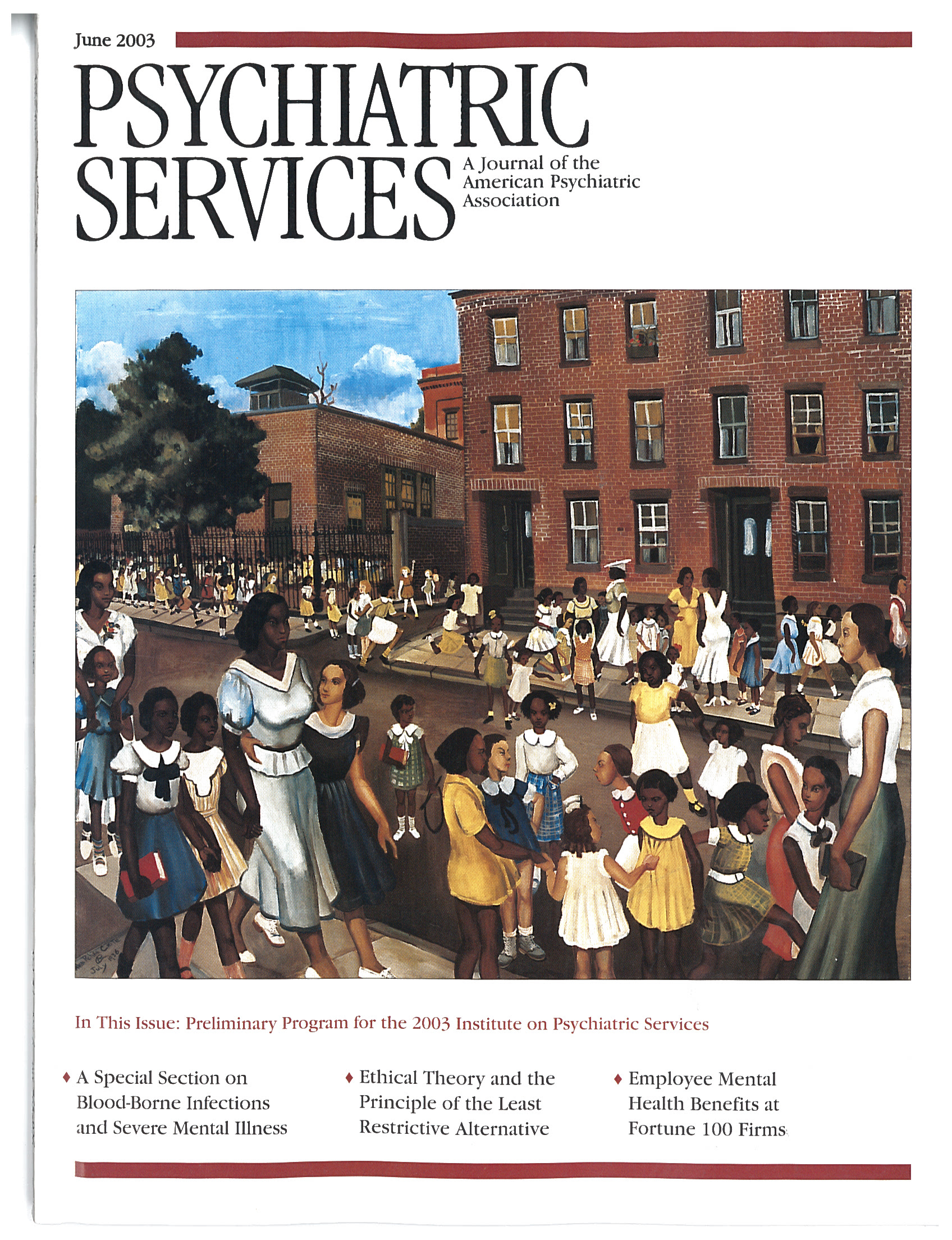Two books on family-focused therapy are reviewed here. The first, A Family-Focused Approach to Serious Mental Illness: Empirically Supported Interventions, is a much-needed handbook on this relatively neglected topic. This area has been of relatively little concern to mainstream family therapists, who have tended to focus on younger, less acutely ill populations. In all fairness, one reason for this omission is that persons with severe mental illness have, in the vast majority of cases, and for many reasons, become distanced and alienated from their families: they have rejected their families or their families have rejected them, or both.
The book's author, Diane T. Marsh, focuses on five evidence-based interventions: family consultation, support and advocacy groups, family education, family psychoeducation, and psychotherapy. She covers the gamut of professional concerns in this short, tightly arranged text. This book should be of interest to all clinicians who work with persons who have chronic and severe mental illness.
The second book, Family Systems/Family Therapy: Applications for Clinical Practice, was published simultaneously in the Journal of Prevention and Intervention in the Community in 2001 (volume 21, number 1). This book advances the concept that family therapy is most effective when pursued within the framework of systems theory, with recognition of the roles of the major institutions that make up our society, such as the health care delivery system, the judicial system, and the educational system. The first three chapters document the failure of broader society to address the needs of women. The first of these chapters advances the formation of "women's centers that provide a 'one stop approach' to improve the health of women." Together, these three chapters document the gender bias in research, which results in women's needs being inadequately addressed by the health care community.
Two chapters address the special needs of our aging population and underscore the failure of our society to deal with the problems of the elderly in anything resembling comprehensive, integrated, easily available programs. Two articles discuss the problems of family therapists in functioning in the court system, something that we are increasingly called upon to do. It is obvious to those of us who deal with the legal system that the legal system is woefully unprepared to receive our contributions.
Another article deals with family therapy and the educational system. Once again, the focus is on a system that often seeks out the services of psychiatrists but that is little able to receive or implement the requested services.
Overall, family therapists are likely to find Family Systems/Family Therapy an interesting and useful resource.

